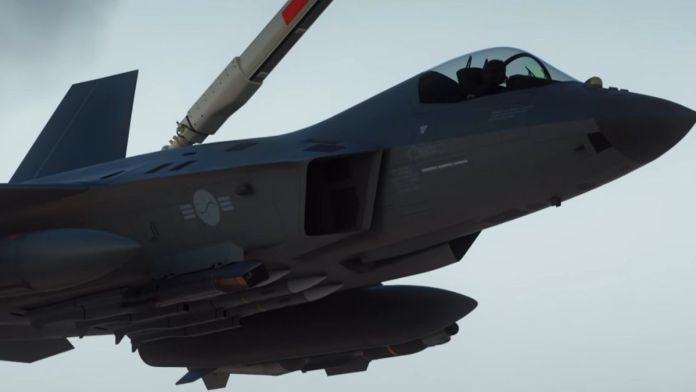The CEO of PT Dirgantara Indonesia, Gita Amperiawan, embarked on a two-day visit to South Korea on March 28, amidst ongoing investigations into alleged data theft linked to the joint KF-21 fighter jet project. Both the Defense Acquisition Program Administration (DAPA) and Korea Aerospace Industries Ltd. (KAI) acknowledged the visit of the Indonesian official.
PT Dirgantara Indonesia (PTDI) plays a crucial role in Indonesia's aerospace sector and has been actively participating in the joint development of the KF-21 fighter jet alongside KAI. The KF-21 project, launched in 2015, aims to deliver an advanced supersonic fighter by 2026.
While the purpose of Amperiawan's visit was not explicitly stated, discussions between Indonesian and South Korean officials likely revolved around the progress and future cooperation regarding the joint project. However, specific details of these discussions were not disclosed.
The visit comes in the aftermath of reports alleging an attempted data theft related to the KF-21 program by an employee of PTDI at KAI's headquarters in South Korea in January this year. This incident prompted a police investigation, raising concerns about its impact on the joint development initiative and broader Indonesia-South Korea aerospace collaboration.
The investigation primarily focuses on whether the stolen data contained sensitive technologies crucial to the KF-21 development. Consequently, Indonesian individuals are currently barred from leaving South Korea pending the investigation.
In February 2024, South Korean lawmakers advocated for stricter laws to prevent defense secrets leakage, highlighting the need for legislation to safeguard military expertise effectively. Delays in Indonesia's financial contributions to the KF-21 project have also raised concerns, with the nation owing a substantial amount to South Korea.
Despite these challenges, both countries continue to reaffirm their commitment to the KF-21 project, with recent announcements highlighting progress and prospects. South Korea's approval to produce 20 KF-21 Boramae fighters this year demonstrates its determination to advance the project, with plans to deploy 120 units by 2032.
The KF-21, featuring cost-effective yet advanced capabilities, is positioned to replace South Korea's aging fighter fleet and potentially cater to markets in Asia and the Middle East. While not classified as a stealth aircraft, its incorporation of stealth-like features and collaboration with Lockheed Martin contribute to its competitiveness in modern aerial warfare.


